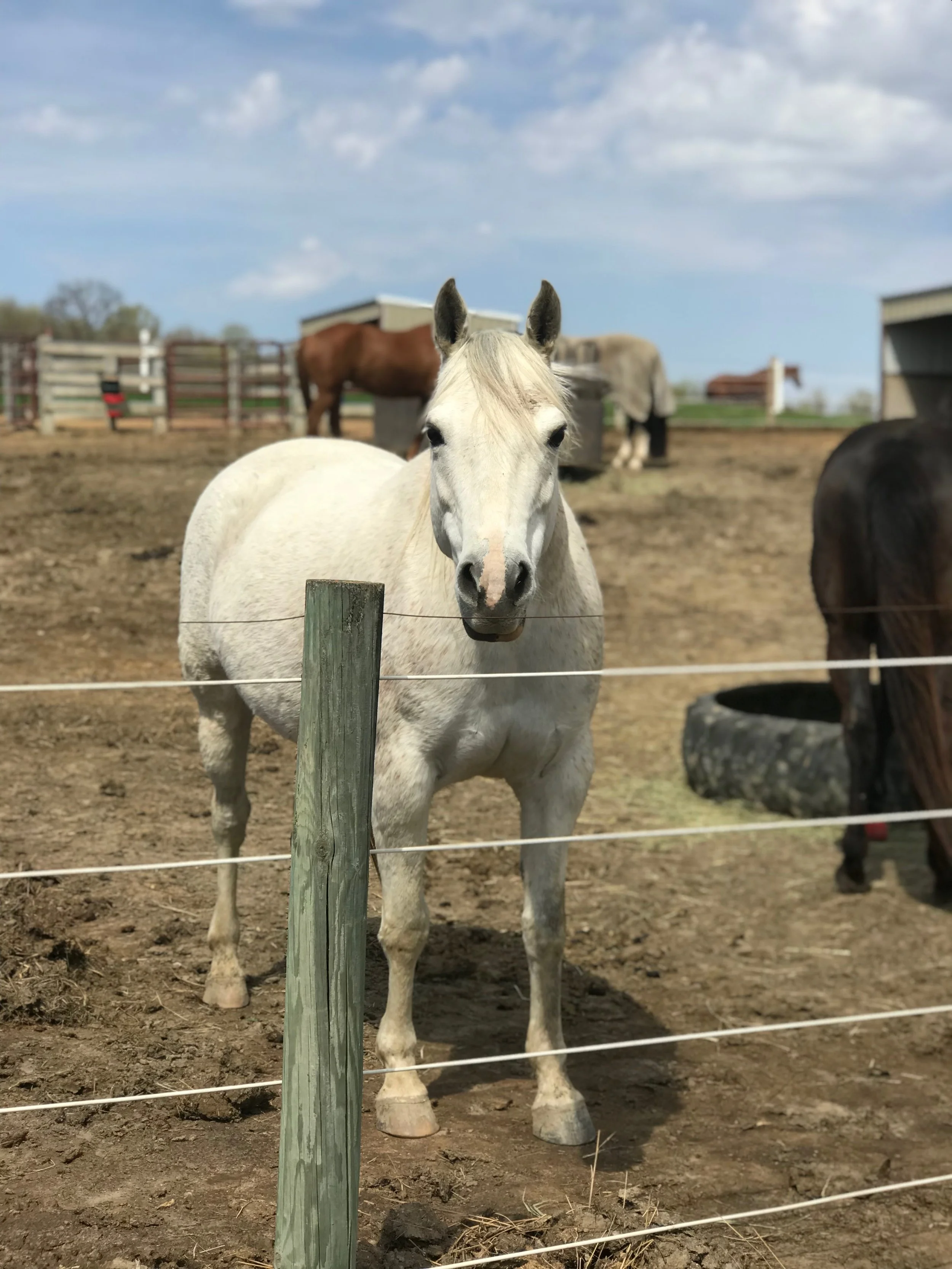Essential Oils Impact on the Human Brain
Have you ever smelled a scent that reminded you of another time?
· Does pipe smoke remind you of a grandparent?
· Does the smell of a campfire bring you back to cozy cabin getaway?
· If I tell you to think of the smell of crayons, can you remember that waxy smell immediately?
Two smells that most people don’t like that I do are skunk and horse manure. They both remind me of a wonderful summer camp I went to with (of course) horses. If I smell Lysol, I immediately think of a childhood friend’s house. Start paying attention to how smells trigger specific memories for you.
Here’s how it works. When you inhale a scent, the molecules of the scent travel up your nostrils to the nasal cavity. In your nasal cavity there are receptor cells that transmit signals (I imagine a telegraph signal) to your olfactory bulb, which sends impulses to other parts of the brain like the amygdala, where emotional memories are stored. The sense of smell is the only one of the five senses that directly impacts the limbic system, which regulates emotion, behavior, motivation and long-term memory. Essential oils not only smell good, they can have a profound physiological and psychological impact.
Essential Oils Impact on the Horse Brain
In addition to the olfactory organs that humans and horses share, horses (and most other animals with the exception of humans, whales and dolphins) actually have a second pair of olfactory organs underneath the horse’s nasal cavity. These vomeronasal organs (VNOs) have their own pathways to the brain. They allow horses to detect pheromones in other horses and even in humans (they literally can smell your fear). Have you ever laughed when your horse lifted his lip as if he were smiling? This is actually an indication that his VNOs are stimulated.
Do Horses Have Emotions?
Ask any horse owner if horses experience emotions and they will tell you “Absolutely!” This isn’t anthropomorphism, it’s a fact. The amygdala is an area of the brain found in all complex vertebrates (which includes humans and other mammals). It performs a primary role in the process of memory, decision making, and emotional reactions. Horses not only have an amygdala – they have the largest amygdala of any domesticated animal.
The limbic system, which includes the amygdala, is the part of the brain that controls blood pressure, heart rate, respiration, memory and hormone balance. It regulates bonding between parent and child – a key to survival for both humans and horses. The limbic system is remarkably similar in humans and other mammals, enabling pair bonding, parenting behaviors, imprinting and enculturation of young, and everyday social community bonds. Horses keenly sense limbic activity, which may be why we humans feel such a strong bond with them.
Because of the way the sense of smell impacts the horse’s brain, essential oils are like a key that unlocks the door to your horse’s emotions.

